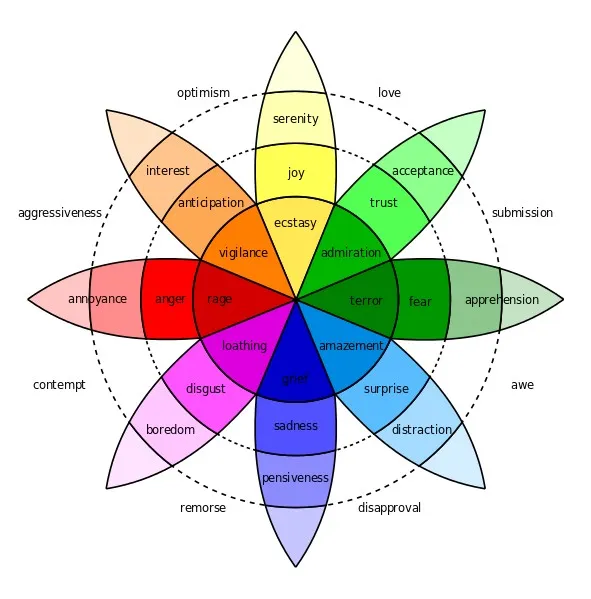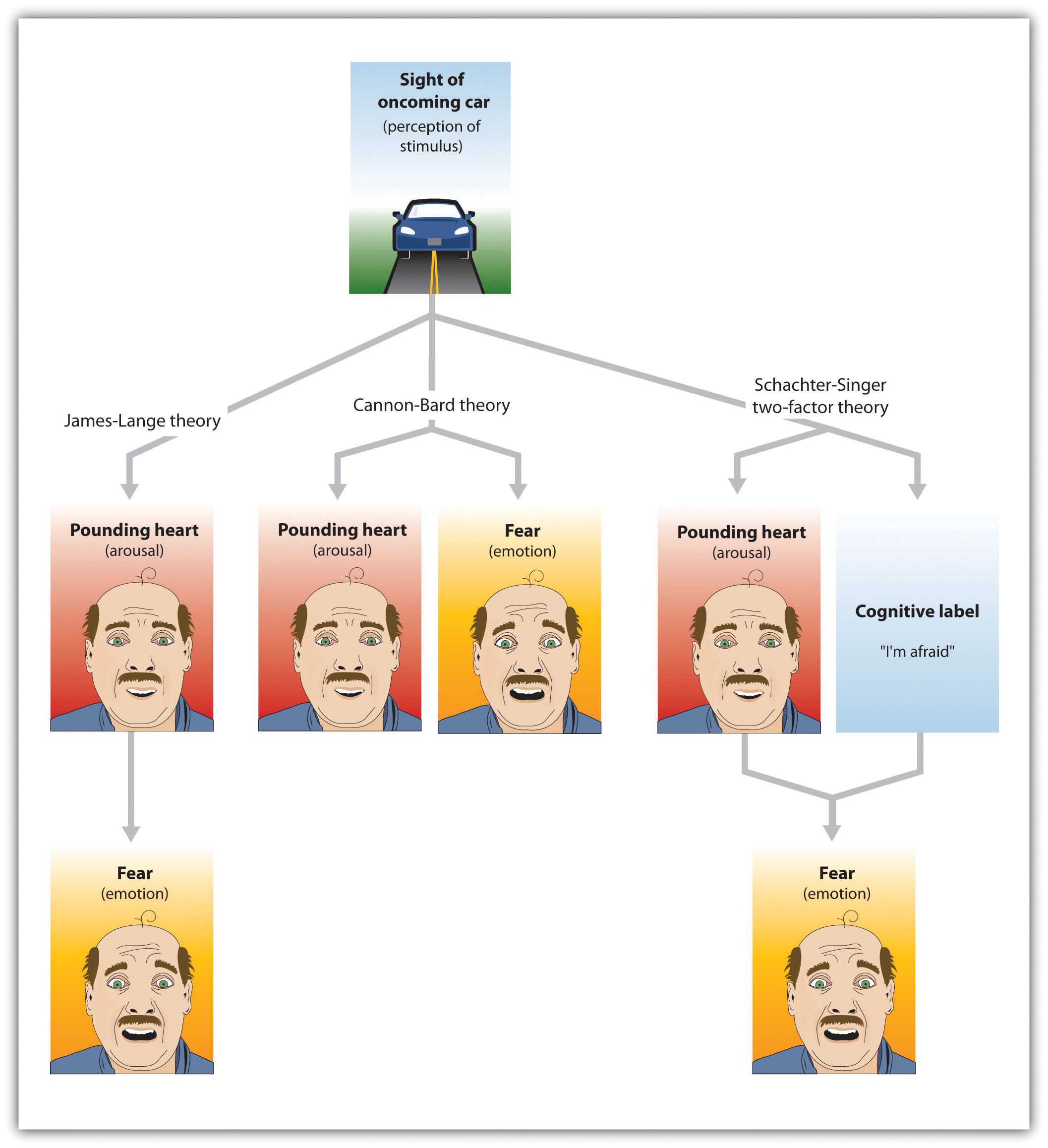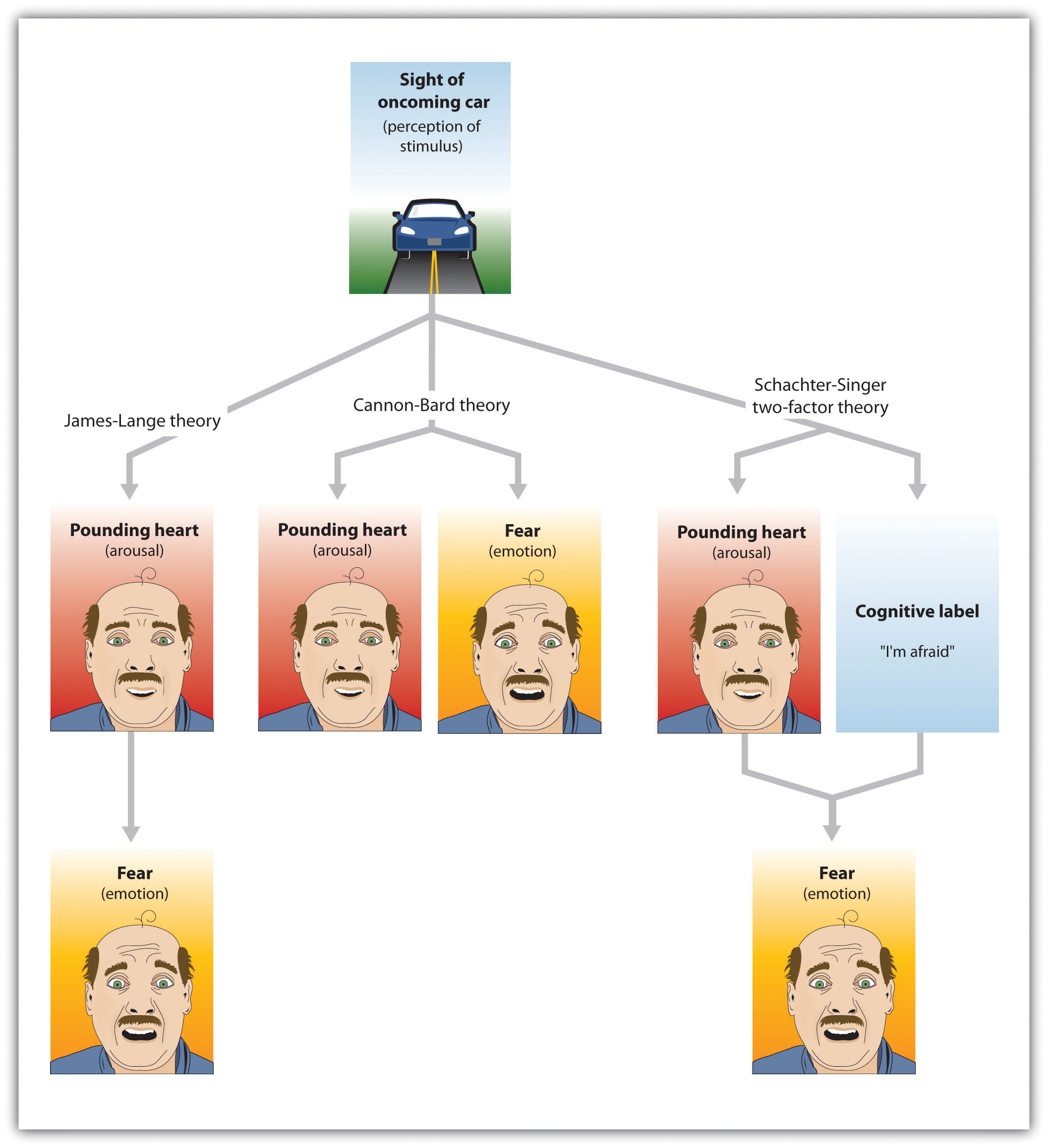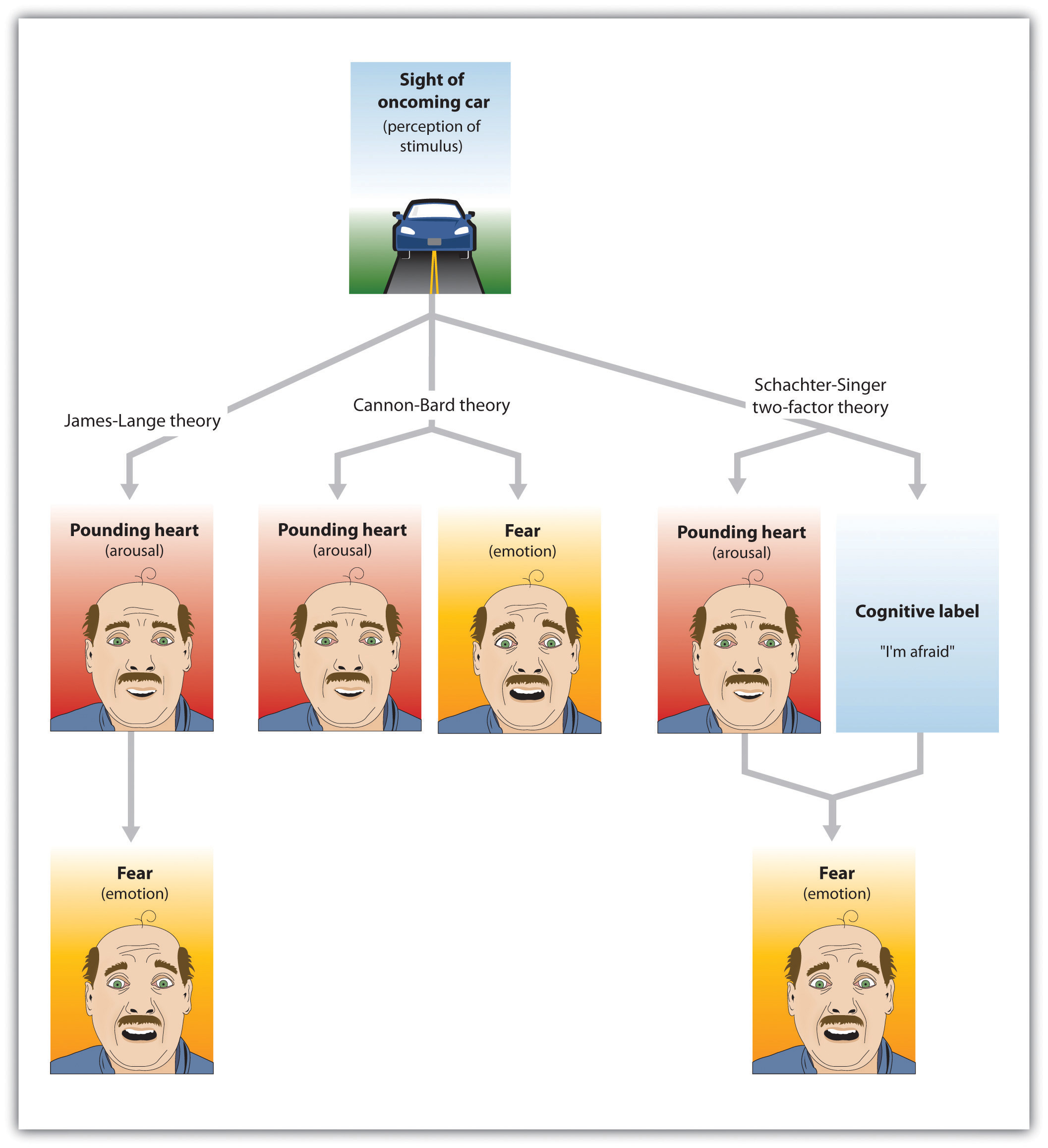Emotions
1/24
There's no tags or description
Looks like no tags are added yet.
Name | Mastery | Learn | Test | Matching | Spaced | Call with Kai |
|---|
No analytics yet
Send a link to your students to track their progress
25 Terms
Emotional triggers
They can be stimulated by external factors such as comments made by someone or by internal factors such as needs or thoughts.
5 basic emotions
Happy, sad, angry, disgust and fear
Subjective feelings
how your feeling in your head when experiencing an emotion (psychological).
Physiological response
what your body is doing when experiencing an emotion (biological).
Expressive behaviours
how you show an emotion mainly through facial expression and body language (social).
Survival function of emotions
Plutchik believes that all emotions perform an important survival function.
Primary and secondary emotions
Plutchik believes that there are primary and secondary emotions. Secondary emotions are formed by mixing primary emotions.

Intensity of emotions
Plutchik believes that all emotions range in intensity.
Opposite emotions
Plutchik believes that some emotions are the opposite of each other and cannot be mixed to create secondary emotions.
Positive and negative emotions
Plutchik believes that there are positive and negative emotions.
Schachter and Singer’s Two-Factor Theory
The way the emotion is identified depends on an individual’s interpretation of their situation (appraisal). Both physiological response and cognitive appraisal occur at the same time.

Cannon-Bard Theory
we feel emotions and experience physiological reactions such as sweating.

James-Lange Theory
each emotion has a unique physiological response, and the identification of that response leads to the specific emotion experienced.

Interviews to investigate emotions
They can obtain a lot of information, but very time consuming.
Questionnaires to investigate emotions
can be administered quickly and to many people at once. But people can be dishonest.
Self-monitoring to investigate emotions
it helps people stay in check with their emotions. But people may refuse to accept their emotions.
Mental illness and emotions
In some mental illnesses, the subjective experience of emotions is very intense. At the other extremity are people who report having no subjective experience of emotion.
Stress management and relaxation techniques
Talking face-to-face with a trusted friend, meditation, exercise and yoga.
Emotional intelligence
The ability to understand, use, and manage your own emotions in positive ways to relieve stress.
Self-awareness
Recognising your own emotions and how they affect your thoughts and behaviour.
Self-management
Controlling impulsive feelings and behaviours and managing your emotions in healthy ways.
Social-awareness
Understanding the emotions, needs, and concerns of other people.
Relationship-management
The ability to develop and maintain good relationships and communicate clearly.
Benefits of emotional intelligence
EI can help each of us build and maintain stronger and better relationship.
Developing emotional intelligence
Mindfulness can help you develop self-awareness, which is the first component of emotional intelligence